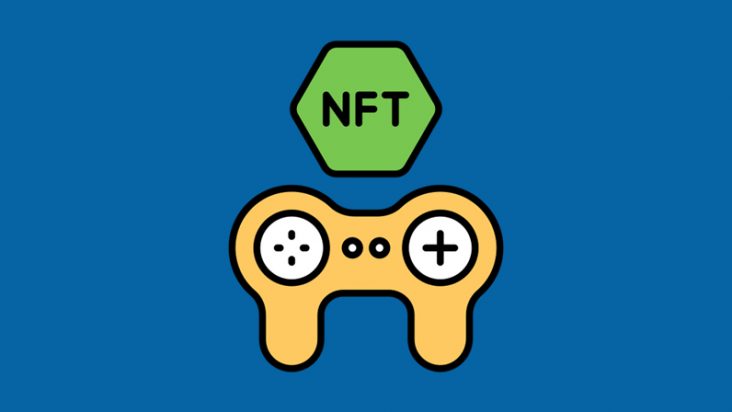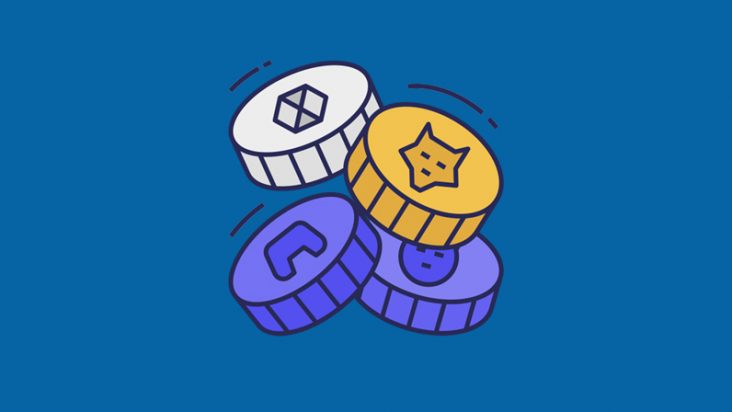
In the world of online affiliate marketing, especially within the dynamic iGaming industry, all participants—whether buyers, sellers, or affiliates—stand to gain unique advantages while facing particular challenges. This article explores the benefits of affiliate marketing from every angle, providing an in-depth look at how this business model impacts each party involved. From the advantages of affiliate marketing like cost-effective strategies and extended reach to the complexities of data privacy, brand control, and competitive pressures, the world of digital affiliate marketing holds both opportunities and potential pitfalls. Whether you are considering stepping into this space or simply wish to understand it better, this article will guide you through the pros and cons awaiting buyers, sellers, and affiliates alike.

Understanding the Roles in iGaming Affiliate Marketing
In the iGaming affiliate industry, buyers are typically the players or consumers who engage with gaming platforms, sellers are the iGaming operators or platforms that offer games or betting services, and affiliates act as intermediaries who promote these services to potential buyers. Gaming affiliate programs connect these three participants by allowing affiliates to drive traffic to sellers’ platforms through various marketing efforts, earning commissions when buyers convert. In an ideal scenario, buyers benefit from the affiliate marketing business by accessing tailored promotions and valuable information, while sellers enjoy the benefits of affiliate marketing like increased reach and performance-based cost efficiency. However, pitfalls exist, such as misleading promotions or unreliable partnerships, making it crucial for all parties to investigate their partners carefully to ensure transparency, compliance, and mutual benefit.
Advantages and Disadvantages for Buyers, Sellers, and Affiliates
From the Buyers’ Perspective:
Advantages:
- Access to Information: Buyers benefit from detailed reviews, guides, and comparisons provided by affiliates, helping them make informed decisions.
- Special Offers and Discounts: Affiliates often offer exclusive deals, promotions, and bonuses that can enhance the buyer’s experience and provide added value.
Disadvantages:
- Biased Information: Some affiliates might prioritize promotions based on higher commissions rather than the best interests of the buyers, potentially leading to biased or misleading information.
- Privacy Concerns: Clicking on affiliate links can sometimes lead to data being tracked, which might raise privacy concerns for some buyers.
From the Sellers’ Perspective:
Advantages:
- Cost-Effective Marketing: Sellers only pay commissions on actual sales, making it a performance-based and cost-effective marketing strategy.
- Extended Reach: Affiliates help sellers reach a broader audience that they might not have been able to target through traditional marketing channels.
- Improved SEO: Affiliate links and content can improve the seller’s SEO, leading to higher visibility in search engines.
Disadvantages:
- Commission Costs: While cost-effective, the commission fees paid to affiliates can add up, impacting overall profit margins.
- Brand Control: Sellers may have limited control over how their products are marketed by affiliates, which can lead to inconsistent messaging or brand representation.
- Dependency: Over-reliance on affiliates for traffic and sales can be risky if the affiliate program experiences disruptions.
Other Participants (Affiliates):
Advantages:
- Monetization Opportunities: Affiliates can earn significant income by promoting iGaming products, especially with high commission rates.
- Flexibility: Affiliates have the flexibility to choose which products to promote and how to market them, allowing for creative and diverse marketing strategies.
- Low Start-Up Costs: Starting as an affiliate requires minimal investment compared to creating and selling products.
Disadvantages:
- Revenue Fluctuations: Affiliates’ income can be inconsistent, varying greatly based on market conditions, buyer behavior, and changes in affiliate program terms.
- Compliance and Regulations: Affiliates must navigate complex regulations and ensure compliance with legal requirements, which can be challenging and time-consuming.
- Competitive Market: The iGaming affiliate market is highly competitive, making it difficult for new affiliates to establish themselves and succeed.
In conclusion, the question “does affiliate marketing work?” can be answered with a resounding yes, but success depends on understanding both its advantages and challenges. For buyers, it offers valuable information and special deals, though caution is needed regarding privacy and bias. Sellers benefit from digital affiliate marketing by expanding their reach and optimizing costs, but they must navigate commission expenses and brand control. Affiliates enjoy the flexibility and income potential of the affiliate marketing business, yet face stiff competition and regulatory hurdles. Overall, affiliate marketing remains a powerful strategy that, when approached strategically, can deliver significant benefits for all involved.








